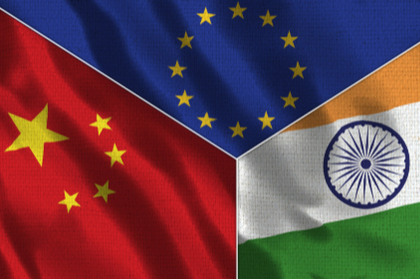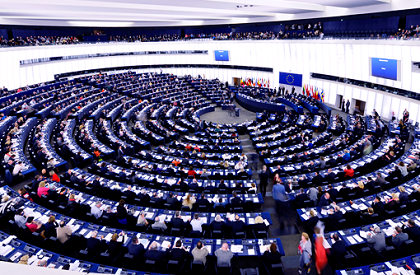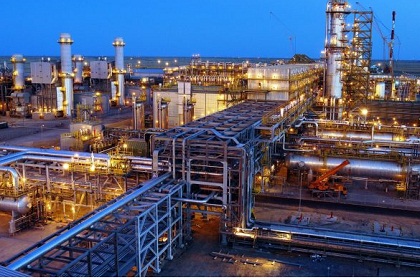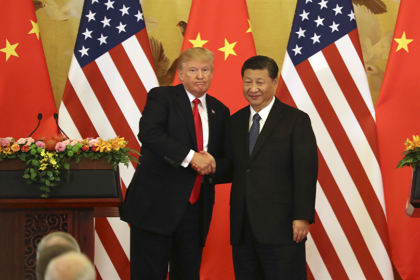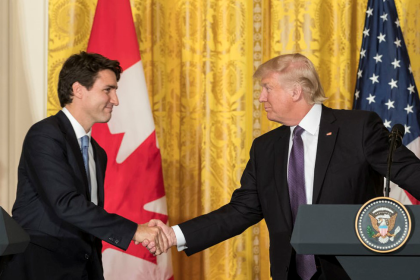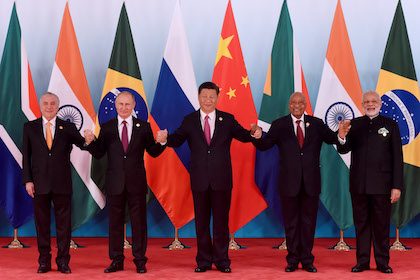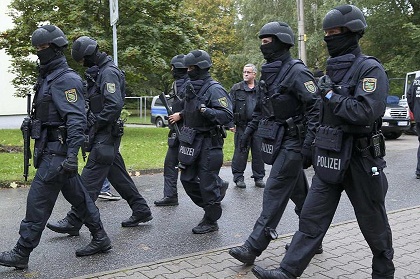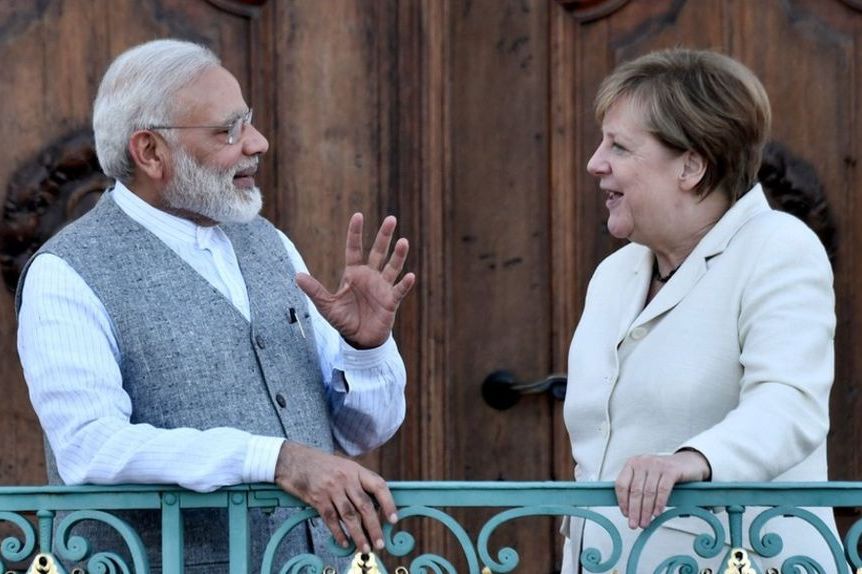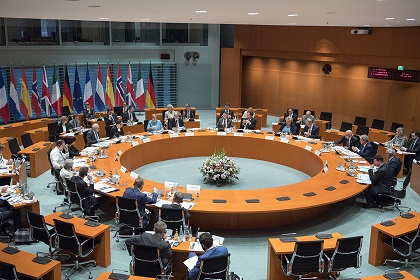EU’s choices: principles or pragmatism?
The global balance of power is in the process of a fundamental shift. The West appears fixated on China, which is both a “systemic rival” and a strategic partner to be cultivated. Europe now needs to choose between the values it shares with India and commercial profitability from China

